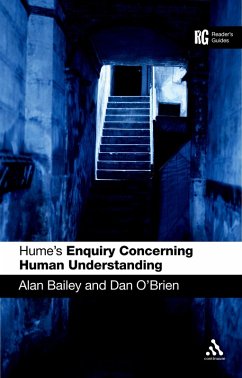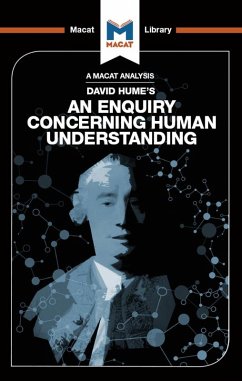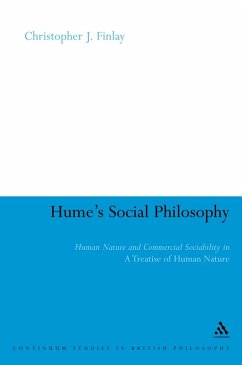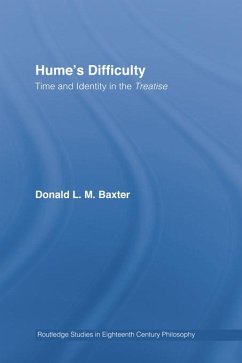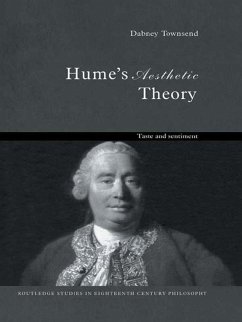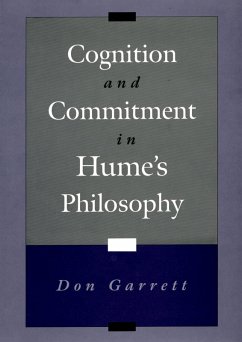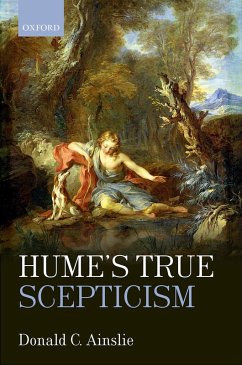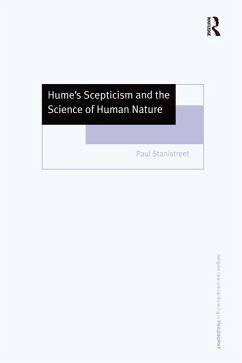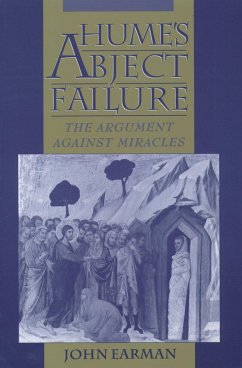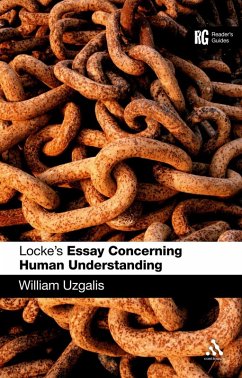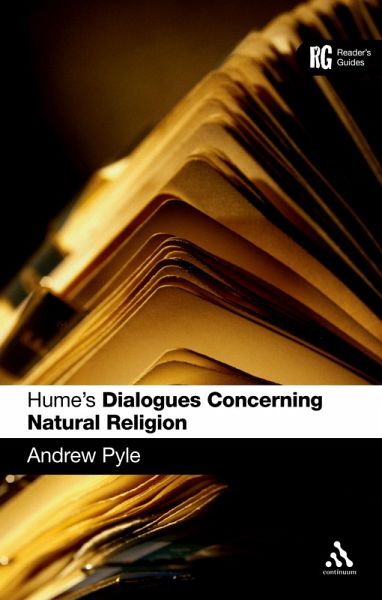
Hume's 'Dialogues Concerning Natural Religion' (eBook, PDF)
A Reader's Guide

PAYBACK Punkte
11 °P sammeln!
Hume's Dialogues provide a classic exposition and critique of the famous 'Argument to Design', the attempt to prove the existence and properties of a designing intelligence or God from the phenomena of Nature, notably the functional contrivance of the parts of plants and animals. As such, it raises questions of central interest in both philosophy and theology. This is a hugely important and exciting, yet challenging, piece of philosophical writing.In Hume's Dialogues Concerning Natural Religion: A Reader's Guide, Andrew Pyle explains the philosophical and theological background against which t...
Hume's Dialogues provide a classic exposition and critique of the famous 'Argument to Design', the attempt to prove the existence and properties of a designing intelligence or God from the phenomena of Nature, notably the functional contrivance of the parts of plants and animals. As such, it raises questions of central interest in both philosophy and theology. This is a hugely important and exciting, yet challenging, piece of philosophical writing.
In Hume's Dialogues Concerning Natural Religion: A Reader's Guide, Andrew Pyle explains the philosophical and theological background against which the book was written, including what is meant by 'natural' religion. He goes on to address the question of why Hume chose to write in dialogue form, sketches out the views of the three characters and introduces the questions they address. The book then takes the 12 parts of the Dialogues in turn and guides the reader to a clear understanding of the text as a whole. This is the ideal companion to study of this most influential and challenging of texts.




